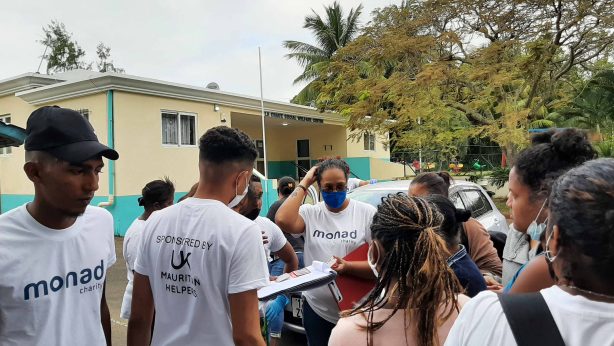Human Rights in Mauritius: Progress and Challenges

Human Rights in Mauritius: Progress and Challenges
Mauritius holds a reputation as a stable, peaceful, and democratic country in Africa. The country’s constitution is based on democratic principles, and its institutions work towards upholding human rights. Despite this, challenges remain to ensure all Mauritian citizens enjoy equal opportunities and rights. In this article, we explore the progress and challenges of human rights in Mauritius.
Progress in Human Rights in Mauritius
Mauritius has made notable progress in promoting human rights in recent years. The government, NGOs, and civil societies are all active in advocating for human rights in the country. This desire for improvement was evidenced with the ratification of key international human right treaties such as the International Covenant on Civil and Political Rights (ICCPR) and the International Covenant on Economic, Social, and Cultural Rights (ICESCR). Mauritius has also established the National Human Rights Commission (NHRC) to monitor and protect human rights violations. In addition, the country’s constitution guarantees fundamental human rights, including the right to life, liberty, and security of persons, protection against discrimination and inhuman treatment, freedom of expression, religion, movement, and association.
Challenges in Human Rights in Mauritius
Despite the progress made, challenges remain concerning the enforcement and protection of human rights in Mauritius. Mauritius is known for its historically rooted segregation and discrimination by ethnicity, which has created disparities in the economic, social, and political spheres. Although there have been efforts to create greater opportunities for those who are disadvantaged, progress has been slow. Present practices that promote such discrimination include, for example, the allocation of land and employment opportunities. The government must continue its efforts to address such segregation and inequalities through affirmative action policies and through the effective implementation of programs that promote inclusion.
Additionally, violence against women and children is still a significant challenge. Violence against women and children is widespread in Mauritius, and there is a need for increased efforts to combat these human rights violations. The government, along with civil society, must strengthen the existing legal framework and create further education and awareness programs to promote gender equality and prevent violence against women and children.
Conclusion
The progress and challenges of human rights in Mauritius are intertwined, and there is still a need for continued efforts in promoting human rights for all citizens. Although Mauritius has made notable progress in promoting fundamental human rights, challenges remain in enforcing and protecting these rights. By improving access to justice, strengthening laws and policies, and continuing awareness-raising initiatives, Mauritius can continue to make strides toward ensuring that everyone enjoys fundamental human rights, irrespective of their ethnicity, religious beliefs, or economic status. Ultimately, the protection and promotion of human rights should be a priority for the government and for all stakeholders, to guarantee that everyone can lead a life of dignity and fulfilment.


